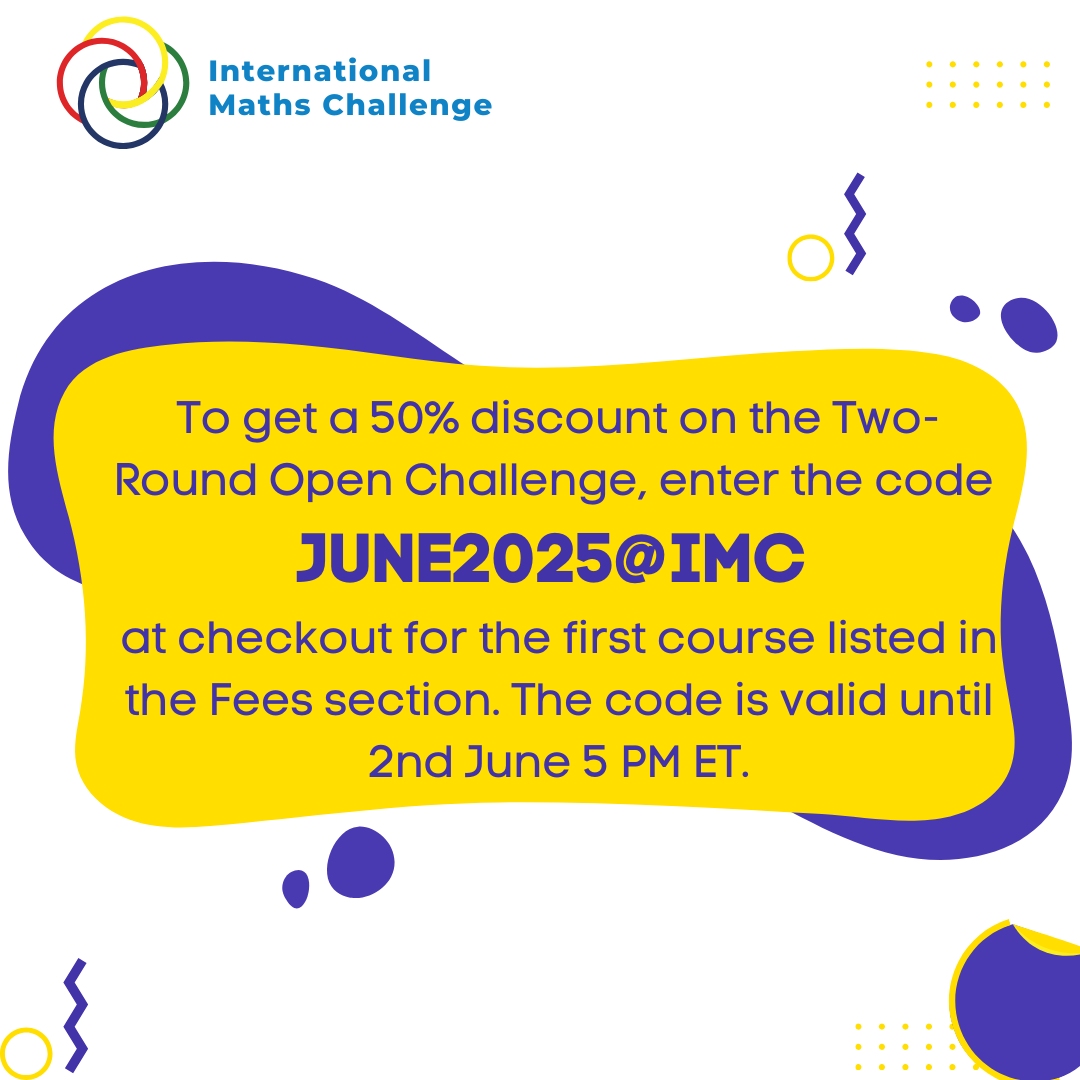All kids are different and live with different skills and interests. Some kids are good at studies and some at sports, but no one can be good at everything. Many kids are good at mathematics, but many kids find maths a little confusing & challenging. There will be no other option for kids to skip this learning period; every kid has to learn all these subjects. Parents and teachers help their kids or students to learn these subjects with ease but there are a lot of ways by which students can easily enjoy these boring activities and enhance their learning skills.
Some of the ways to improve your child’s learning skills and abilities-
Visual Techniques
It’s a compelling technique to improve your kid’s learning skills. Generally, visual learners learn things by seeing what they are reading or writing. You should also provide your kid with all the tools and resources so they can learn hands-on. According to research, if kids have food like raisins or marshmallows on a daily basis, it can help them easily solve Maths Olympiad problems like addition or subtraction. This technique for addition or subtraction visually can upgrade your child’s understanding of maths skills and allow the child to become engaged in the process.
International Maths Olympiad Registration
Further, you can also register for the maths olympiad to enhance your child’s skills. These maths tests will help the child to build a positive perception regarding different subjects and enable them to think logically and achieve well in different phases of life.
Let them choose
One of the best ways for your kid to get engrossed in their studies is to let them choose their material and resources. They won’t even need to insist when they are already interested. It will be interesting for them, so they will pick up study material and read on their own. If you want your kid to solve IMO sample papers independently, you should first create interest. Allow them to pick books and find stories they can imagine.
Give them a reading book
All the kids need to know how to read, which is necessary for other learning activities. To improve a child’s performance, you should put a reading book in their room or motivate them to read books using the visualization technique. This will encourage them to read and solve IMO sample papers easily.
Create Environment
It’s essential to give them a clean and quiet environment to study so that they can give their complete focus without any distractions. Do they have proper space for books, computers, or laptops? Also, give them the required resources, like school supplies, folders, and International Maths Olympiad sample papers. So they don’t need to get up in the middle of their studies.
Allow them to ask for doubts
Your kid must feel free to ask you anything that they want. They should not hesitate to ask and provide them comfort so they can ask easily. Suppose they have any doubts in a lesson, you will be there and you should always be available for their help. This thing can also assist them to ask in their class without any hesitation.
Studying and preparing for the maths Olympiad will enhance students’ logical reasoning and thinking abilities and make them move toward strong career opportunities. If you are confused about participating in the International Maths Challenge, we are here to guide you at every step of your success. Click here to raise your query.


